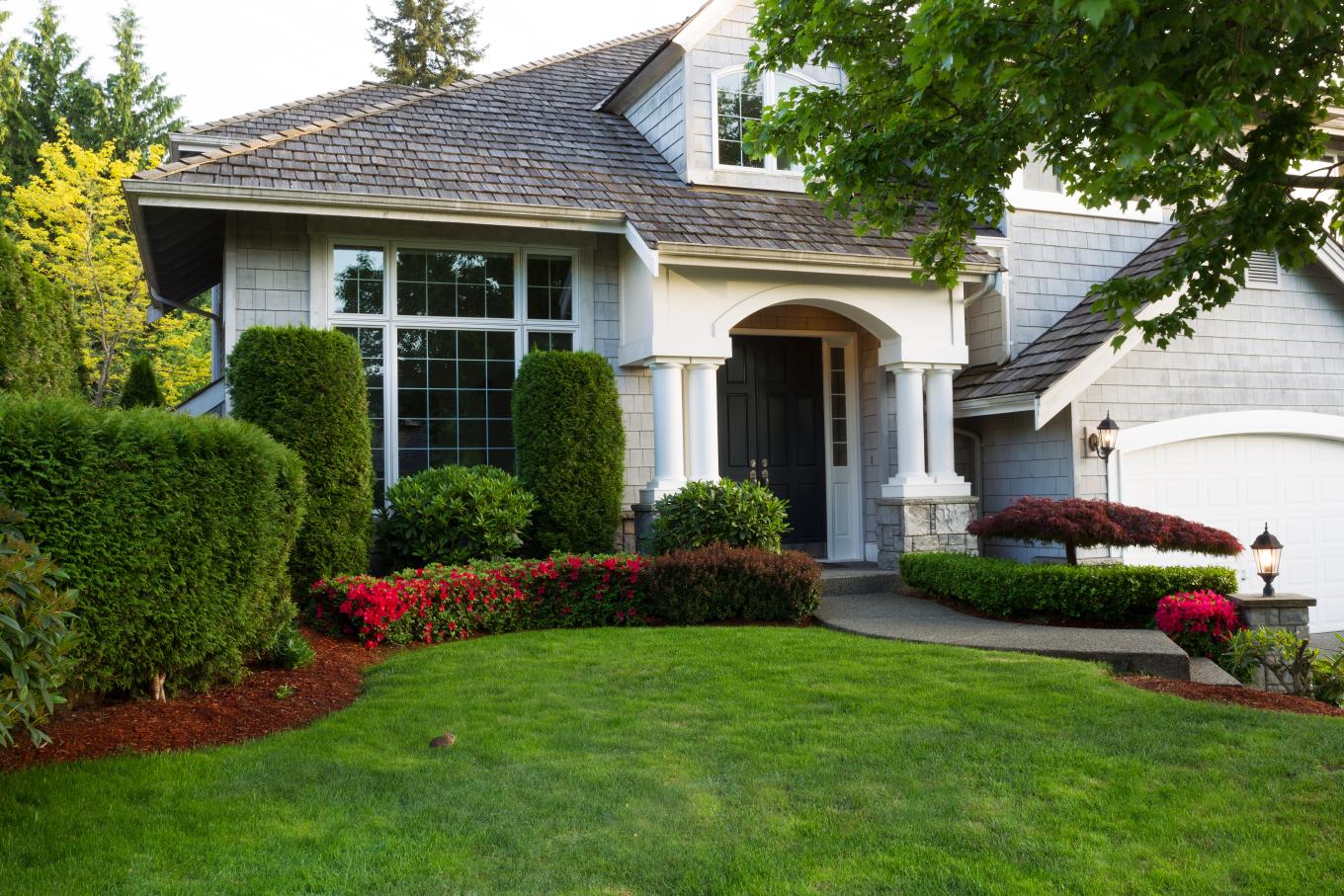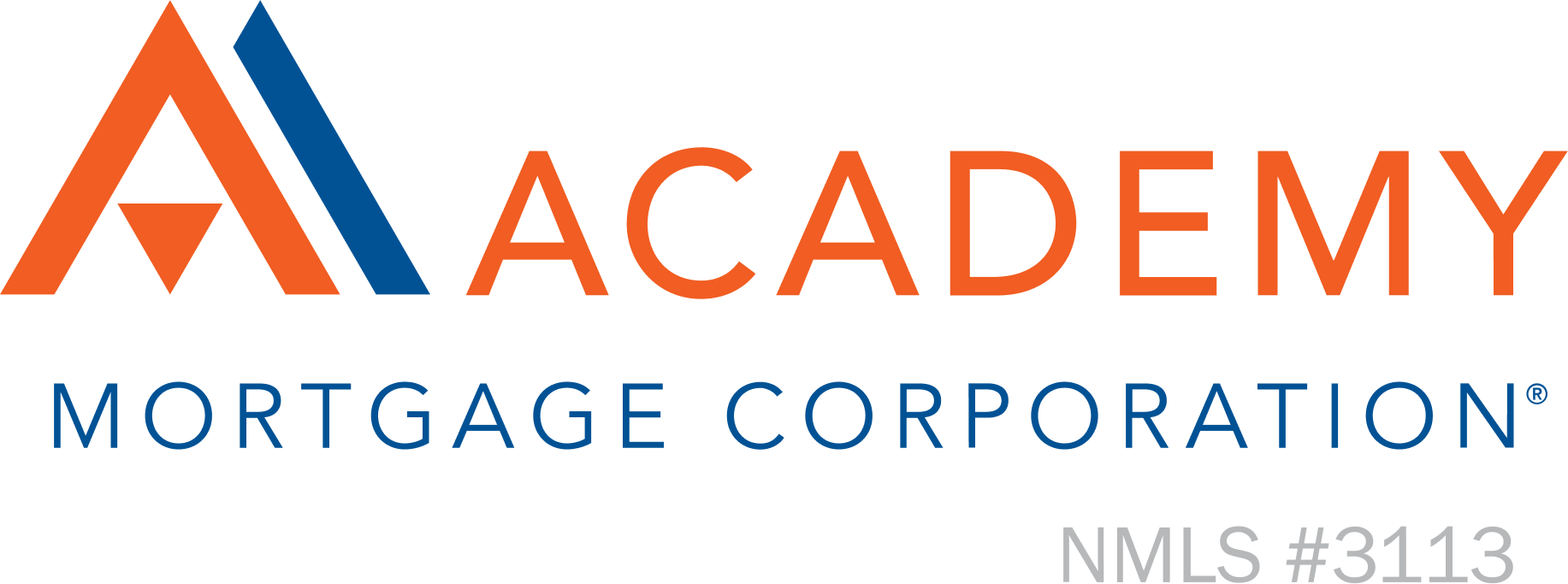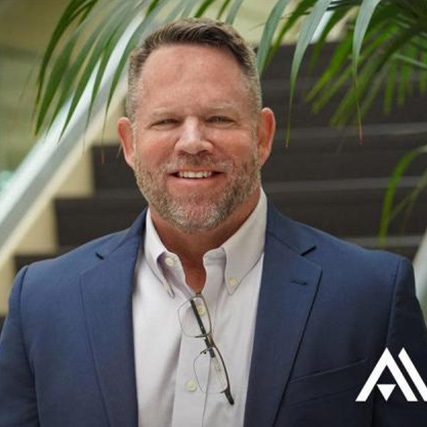Everything you need to know about closing costs


What are closing costs, and how much can you expect to pay? Before you buy a house, find answers.
If you’re preparing to buy a house, you want to know what you’re getting into. While most homebuyers focus on finding the funds for a down payment, closing costs get less attention. Knowing how much you may pay at closing can help you budget for these costs and avoid surprises.
What are closing costs?
- Closing costs (sometimes called settlement fees) are the fees you’ll need to pay to finalize and close on your mortgage.
- These may include title insurance, escrow fees, lender charges, transfer taxes, recording fees, and the lender’s origination fee for loan processing, underwriting, and funding.
Whether you’re buying a home or refinancing your mortgage, you’ll be required to pay closing costs. Most of the cost falls on the buyer, but the seller typically has to pay some too, such as the real estate agent’s commission.
How much are closing costs? Plus a few ways to cover them

Usually, the cost of closing can range from 2 to 5 percent of your loan amount. So, if you purchase a $300,000 home, you may pay anywhere from $6,000 to $15,000 at closing.
The cost of closing is separated into three categories:
1. Mortgage lender fees.
Some lenders combine their costs into an origination fee. Others break them down into a list of charges, i.e., a processing fee, a commitment fee, an application fee, an underwriting fee, and a credit report fee. If you’ve locked your interest rate, you may also be charged a rate lock fee (as a percentage of the total loan amount) at closing.
2. Third-party charges.
Third parties don’t work for mortgage lenders. But they do provide services necessary to complete the transaction. Fees may be charged for title transfer, HOA dues transfer, flood certification if a property is in an assigned flood zone, an appraisal, a closing attorney/escrow agent, and other services.
3. Prepaid items.
Prepaid costs deposit into an escrow account, set up by your lender to pay certain property-related expenses. When you pay your monthly mortgage payment to your lender or servicer, a portion goes into escrow, helping pay these expenses each month, as opposed to paying a larger sum once a year.
Many lenders ask that taxes and insurance be paid using an escrow reserve to ensure these bills are paid on time. However, having an escrow account is optional. It’s the job of your mortgage servicer to manage your escrow account and pay these expenses. Property taxes and insurance premiums may fluctuate each year, causing your escrow payment, as well as your monthly mortgage payment, to change somewhat too.
How much house can you afford? Find out here.
To find out more about your closing costs, you can consult your closing paperwork. Two important closing documents are your Loan Estimate and Closing Disclosure.
Your Loan Estimate is delivered three days after you apply for a mortgage. In it, you’ll see all fees, the loan interest rate, and other costs needed to close on your mortgage. This is your initial estimate and can change during the loan process.
Your lender will send your Initial Closing Disclosure three days before closing. This document details your loan terms, closing fees, and interest rate and should be thoroughly reviewed before closing on your mortgage.
Depending on your eligibility, there may be several ways to help cover your closing costs:
- Down payment assistance (DPA) programs. Not only are many homebuyers unaware of down payment assistance, but they also may not realize that some DPA funds can be used for closing. Many DPA programs specify if funds can be put toward both down payment and closing costs. If you have questions about using down payment assistance, you can contact your Academy Loan Officer.
- Seller concessions. As the market cools, more sellers have been agreeing to concessions—or to pay for some of a buyer’s closing costs. Concessions can also pay for other expenses, like lender fees and points, as long as it’s not the down payment. Ask your real estate agent about asking for concessions to help decrease your loan’s closing costs.
Whatever remaining costs are owed at closing must be paid on closing day, usually with a cashier’s check, certified check, or wire transfer. This may also be called “cash to close.” Once payment is made, and your mortgage funds and records, you’ll officially become the owner of a new house. You’ll usually get the keys to your home on closing day unless the seller has requested post-closing occupancy in your contract.
‘We ended up closing early, which was a great surprise!’
Academy Mortgage has a nationwide presence with local Loan Officers who live in and serve your community. Thanks to this localized support, we can keep communication clear and process loans as quickly as possible. Ready to take the first step? Find your local Academy Loan Officer.
Please consult a trusted professional as personal circumstances may vary. No specific results are guaranteed. Not all applicants will qualify. MAC224-1485445.


